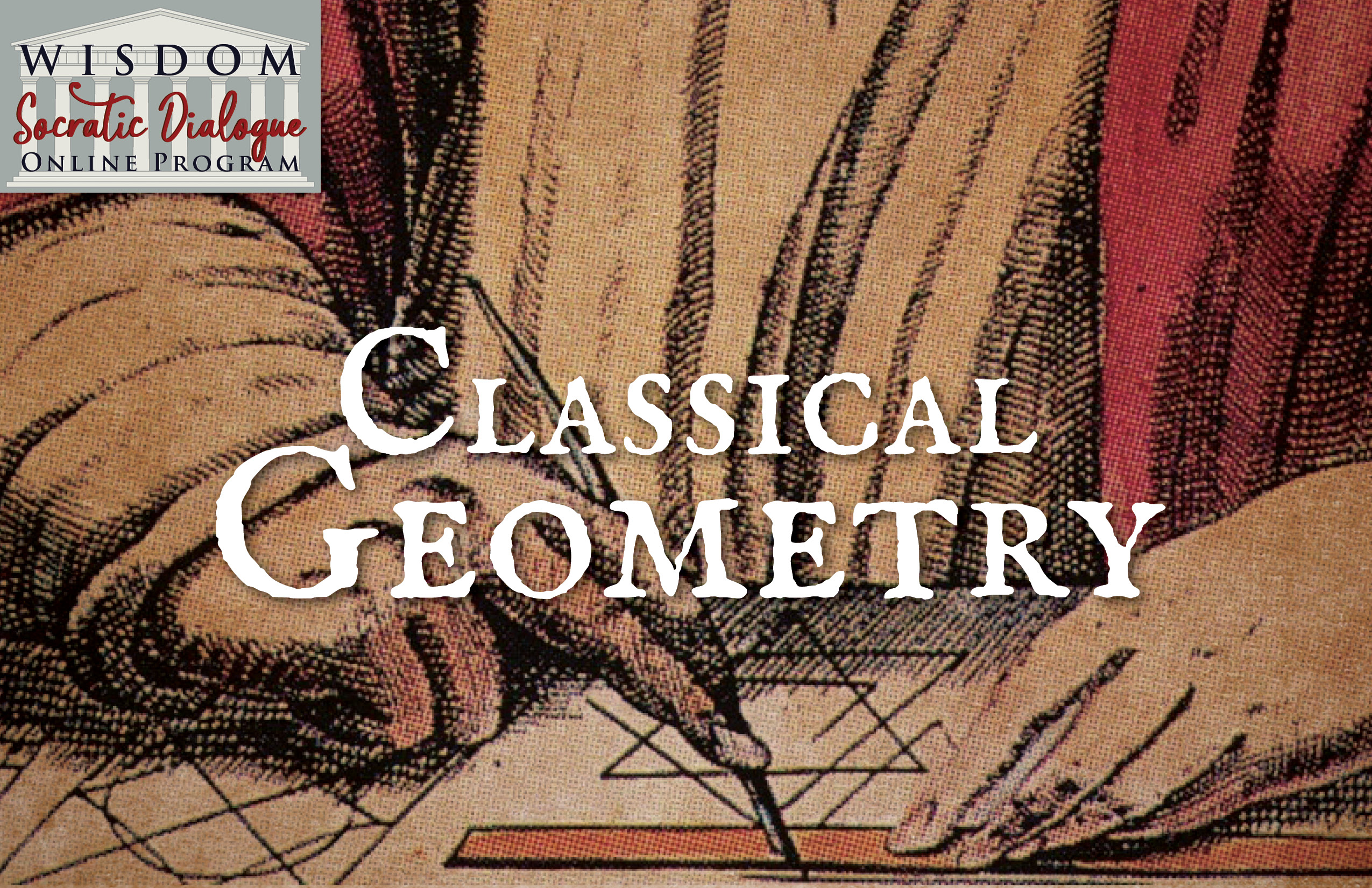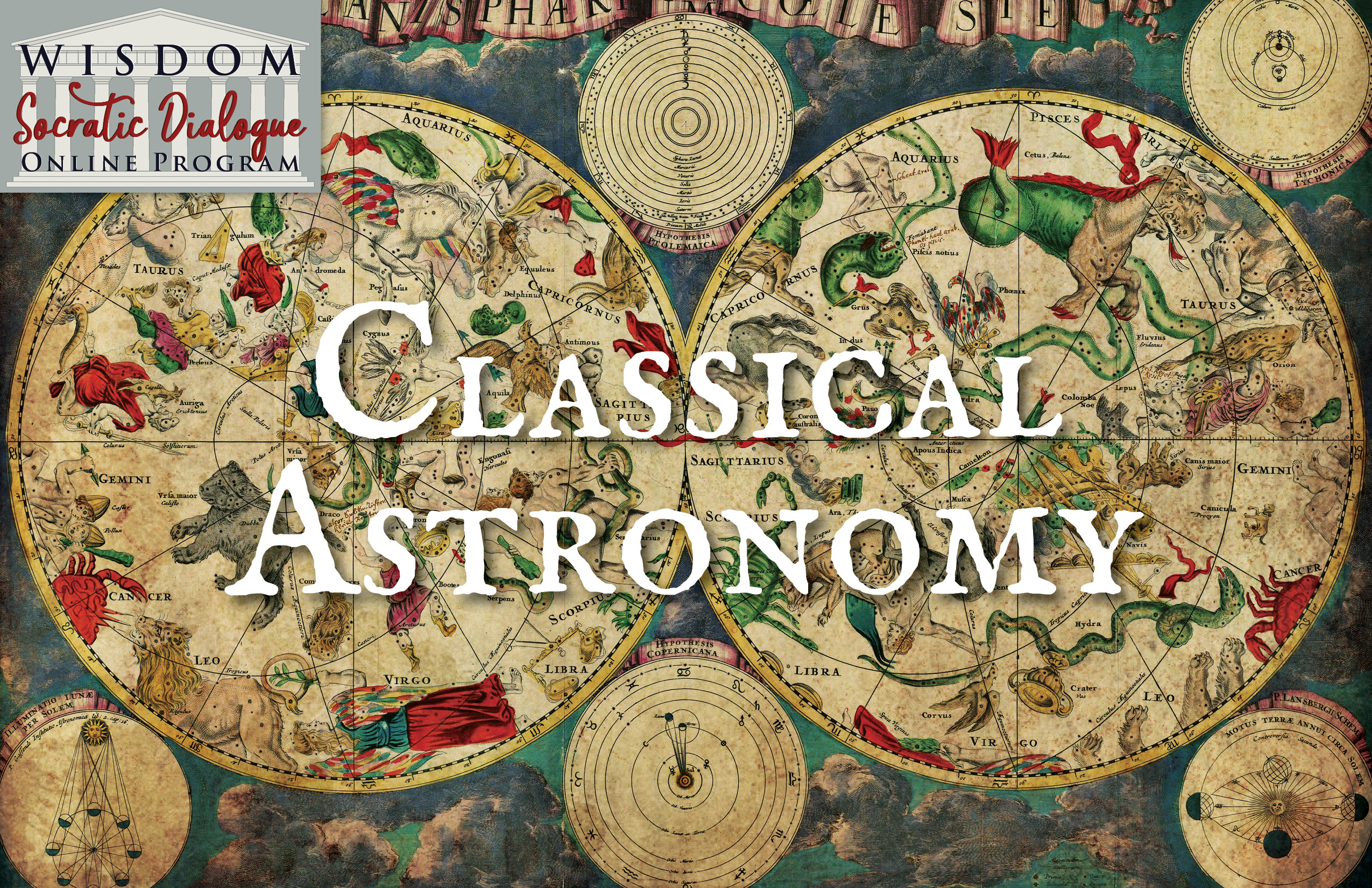All Courses

Intermediate Course (13 yrs and up), $285 per term, 28 week course/class twice weekly – No Prerequisite
Euclid's Elements has proved itself to be the most enduring work on basic geometry and for good reason. Euclid begins with the most basic principles of geometry, such as the definitions of points and straight lines or the axiom that things equal to the same thing are equal to each other. From these modest beginnings, he deduces step by step many amazing truths about shapes and quantity. This course covers the first six books of Euclid, which are on plane geometry. These first six books were the parts of Euclid's Elements studied by most university students from the Middle Ages until fairly recently. Students will learn the proofs in these books, present them to the class, and then discuss them. Students will be expected to learn about 3 proofs in preparation for class. For most students, this preparation will take about an hour per class.
Students will present their proofs to the class by video and audio, so they will need a working webcam.

Senior Course (14 yrs and up), $285, 14 week course/class twice weekly - Prerequisite: Foundational Great Books
In this course, students will become acquainted with the basic phenomena of the sun, moon, planets, and stars. Students will see how Ptolemy (2nd cent. A.D.) took naked eye observations and came up with an earth-centered model that explained the motions of the heavenly bodies and allowed predictions of their future locations. After immersing themselves in this geocentric system, students will see why Copernicus's heliocentric model of the cosmos came to replace Ptolemy's, and how the heliocentric system was bolstered by the observations and theories of Kepler, Galileo, and Newton. This investigation of cosmic models will allow students to see the interplay of observation and mathematical theory that is found in many of the scientific disciplines.
Students will make observations of the sun, moon, planets, and stars, especially in the first portion of the semester. The main readings consist of excerpts from Ptolemy's Almagest, Copernicus's On the Revolutions of the Heavenly Spheres, Galileo's Starry Messenger, and Newton's Mathematical Principles of Natural Philosophy. Many of the readings are technical and will be accompanied by reading notes. In preparation for each class, students should expect to spend up to 60-90 minutes on reading and other assignments.
